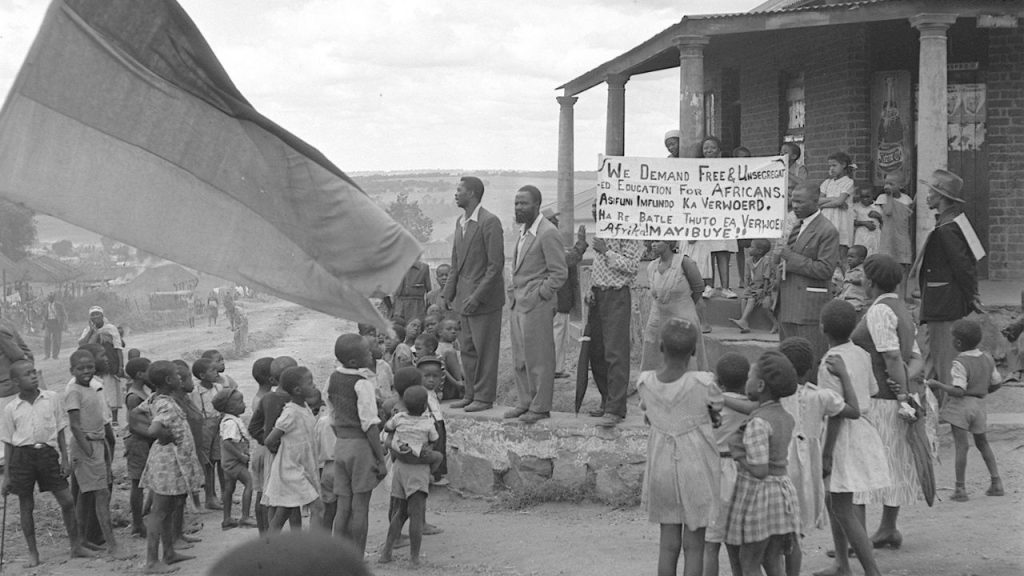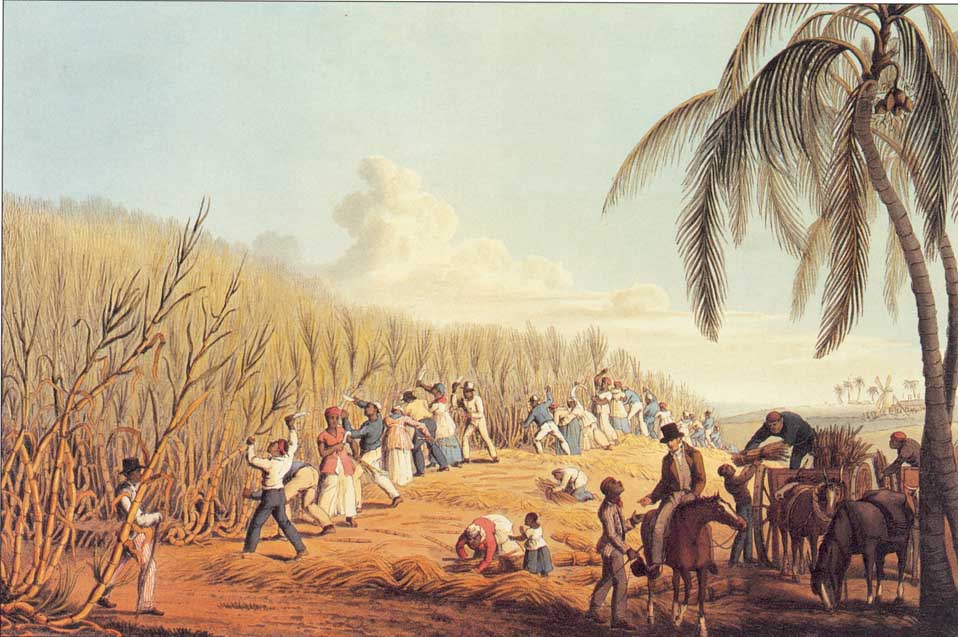Introduction
This website explores the critical limitations of autonomous models of academic literacy in post-apartheid higher education, particularly within the African context. Our focus is on developing students' capabilities to succeed in disciplines and specific fields of study by moving beyond decontextualised approaches toward context-specific, disciplinary literacy frameworks that acknowledge the social and cultural dimensions of knowledge production.
Understanding Autonomous Models of Literacy
Historical Context: Language and Power in Africa

While colonial and apartheid educational systems implemented exclusionary language policies, it's crucial to recognise that pre-colonial African societies also employed language and literacy as mechanisms of power and control. Certain African kingdoms and social groups strategically used language to regulate access to political authority and social privilege, establishing linguistic hierarchies where mastery of specific languages or dialects granted elite status and access to governance or religious power.
Linguistic Control in Pre-colonial Africa

In many pre-colonial African societies, linguistic hierarchies functioned as gatekeepers to symbolic and material resources. The concept of "proper" or "legitimate" speech was often assigned significant symbolic value by elites, determining who could participate in governance, religious ceremonies, and knowledge transmission. For instance, in the Great Zimbabwe civilisation, specific dialects were associated with royal authority, while in pre-colonial Buganda, the Luganda language was tightly controlled as a marker of elite status.

Oral traditions, though vital for cultural transmission, frequently reinforced existing power structures by controlling which narratives and historical accounts were authorised and preserved by ruling groups. This selective preservation of history through controlled oral channels created what scholars term "authorised memory," shaping collective identity according to the interests of those in power.
The use of Ajami scripts (Arabic script adapted to local African languages) exemplifies complex multilingual power dynamics, where religious and administrative knowledge was often restricted to those literate in these specialised writing systems. This linguistic stratification demonstrates that the relationship between language, power, and access to knowledge is not merely a colonial imposition but has deeper historical roots in African societies themselves.
Contemporary Manifestations

In post-apartheid South African universities, autonomous models of academic literacy continue to contribute to high student attrition rates and feelings of alienation among African students. The failure to create inclusive academic spaces that recognise and integrate African epistemologies and socio-epistemic identities stems from the same mindset that drove Bantu Education - the assumption that academic literacy is a universal, transferable skill set. The Fees Must Fall movement highlighted these ongoing challenges in access to higher education.
Moving Forward

Contemporary research increasingly recognises that academic literacy cannot be reduced to a set of transferable skills but must be understood as situated within specific knowledge communities. Approaches that treat literacy as a neutral skill set often overlook the complex ways in which academic communication is embedded within specific disciplinary communities and cultural contexts.
The recognition that academic literacy is inherently situated within specific communities challenges simplistic approaches to academic writing instruction. This understanding requires us to move beyond technical skills training toward approaches that help students navigate the complex literacy practices of their disciplines while drawing on their cultural resources as strengths.
Understanding the historical use of language as a tool of power in both pre-colonial and colonial contexts provides critical perspective for developing academic literacy approaches that acknowledge power dynamics while creating more inclusive educational spaces.

Colonial and Apartheid Educational Legacies
Colonial Education Systems

The autonomous model treats literacy as a neutral technical skill, like programming a machine. This perspective ignores how academic communication is deeply embedded in cultural contexts and power structures. When literacy is viewed as merely grammar rules and formatting conventions, it becomes disconnected from the rich tapestry of knowledge traditions that students bring to the classroom.
This approach positions students as empty vessels to be filled with standardised academic practices, rather than as active participants in knowledge creation. It fails to recognise that academic communication varies across disciplines and cultures, reducing complex literacy practices to a checklist of technical requirements that students must mechanically follow.
By framing academic literacy as a universal skill set, the autonomous model overlooks how language serves as both a tool for knowledge construction and a marker of identity within academic communities.
Bantu Education Act Legacy

Like the assembly line production of the Bantu Education Act, the autonomous model fragments academic literacy into isolated technical components. This approach treats knowledge as something that can be mechanically transferred from teacher to student, ignoring how meaning is constructed through cultural and disciplinary engagement.
The historical legacy of educational systems that deliberately fragmented knowledge to maintain power imbalances continues in contemporary classrooms where academic literacy is reduced to decontextualised skills. This perpetuates the notion that certain ways of communicating academic knowledge are inherently superior to others.
When academic literacy is taught as a universal skill set, it fails to acknowledge how language practices reflect deeper epistemological differences in how knowledge is created, validated, and communicated across different cultural and disciplinary contexts.
Student Experiences and Challenges

For many African students, the autonomous model creates profound alienation. They're expected to mechanically reproduce academic discourses while disconnecting from their cultural identities and home literacies. This demand to suppress one's cultural positioning in knowledge production leaves students feeling like they must choose between academic success and cultural authenticity.
The assumption that academic literacy is a neutral skill set masks how certain communication styles are privileged while others are marginalised. Students face the impossible task of becoming "automated" producers of academic texts without understanding the cultural and disciplinary contexts that give those texts meaning.
This disconnection from their epistemological frameworks not only hinders academic engagement but also undermines students' sense of belonging in academic spaces, contributing to high attrition rates and feelings of exclusion in post-apartheid universities.
Integrating African Epistemologies
A truly inclusive approach recognises multiple ways of constructing and validating knowledge. Rather than viewing African epistemologies as deficits to be overcome, this perspective sees them as valuable resources for academic engagement. Students bring diverse knowledge traditions that enrich academic discourse when properly integrated into the curriculum.
This approach challenges the dominance of Western academic traditions while maintaining rigorous standards, creating spaces where students can draw on their cultural resources as strengths. It acknowledges that knowledge production varies across contexts and that academic communication reflects these diverse epistemological frameworks.
By validating multiple ways of knowing, we move beyond the limitations of the autonomous model toward an understanding of academic literacy as a dynamic process of meaning-making that honours students' cultural identities while developing their disciplinary expertise.
Colonial Education Systems

This image of enslaved labourers reveals how colonial education systems were built on dehumanising practices. Much like the autonomous literacy model treats students as empty vessels to be filled with technical skills, colonial education treated African knowledge as worthless, imposing Western epistemologies while systematically eradicating indigenous ways of knowing. Contemporary research increasingly acknowledges the complex social dimensions of academic communication, highlighting how literacy practices are embedded within broader cultural and institutional frameworks rather than being merely transferable skills.
Bantu Education Act Legacy

The plantation system's division of labour mirrors how the Bantu Education Act created a hierarchy of knowledge. Just as plantation workers were denied access to management knowledge, African students were deliberately provided with inferior education designed to prepare them for subordinate roles in society, creating lasting educational inequalities that persist in post-apartheid universities. This historical context explains why approaches that treat literacy as a neutral skill set often overlook the complex ways in which academic communication is embedded within specific disciplinary communities and cultural contexts.
Student Experiences and Challenges

This 1892 cartoon depicting Cecil Rhodes straddling Africa symbolises the imperial mindset behind colonial education. Like the autonomous literacy model that demands students abandon their cultural identities, colonial education sought to replace African epistemologies with Western knowledge systems, creating the educational alienation that continues to affect African students in post-apartheid universities. The recognition that academic literacy is inherently situated within specific communities challenges simplistic approaches to academic writing instruction and highlights the need for approaches that build on students' existing strengths rather than treating them as deficits to be fixed.
Moving Toward Disciplinary Approaches
Context-Specific Literacy Development

Academic literacy varies across disciplines, each with its own discourse community, writing conventions, and knowledge construction practices. Rather than teaching generic academic writing skills, effective approaches help students understand how knowledge is created and communicated within their specific fields of study.
This contextual understanding enables students to navigate disciplinary expectations while drawing on their cultural resources as strengths. It recognises that becoming literate in a discipline involves learning not just technical writing skills but also the epistemological frameworks that shape how knowledge is validated and communicated.
By focusing on context-specific literacy practices, we move beyond the limitations of the autonomous model toward approaches that prepare students for meaningful participation in their chosen academic and professional communities.
Collaborative Learning Models

Effective academic literacy development requires collaboration between students, faculty, and literacy specialists. This approach recognises that disciplinary experts understand content knowledge while literacy specialists understand communication practices, and students bring valuable cultural perspectives.
By working together, these stakeholders can create learning environments that honour both disciplinary knowledge and students' cultural identities. This collaborative model moves beyond the deficit perspective of the autonomous model, recognising students as active participants in knowledge creation rather than passive recipients of technical skills.
Such partnerships enable the development of academic literacy approaches that build on students' existing strengths while helping them navigate the complex literacy demands of higher education.
Technological Solutions and Limitations

Technology offers powerful tools for academic literacy development, but it cannot replace the human element of meaning-making. While AI writing assistants and grammar checkers can support technical aspects of writing, they cannot teach students to navigate the cultural and disciplinary contexts that give academic writing its meaning.
The danger lies in using technology to reinforce autonomous models by treating academic literacy as merely technical proficiency. True academic literacy development requires understanding how technology mediates knowledge production within specific cultural and disciplinary contexts.
When used thoughtfully, technology can enhance rather than replace the human dimension of academic literacy, supporting students as they develop the ability to communicate effectively across diverse contexts while maintaining their cultural identities.
Systemic Institutional Change

Moving beyond autonomous models requires comprehensive institutional change. This involves transforming not just teaching practices but also assessment methods, curriculum design, faculty development, and institutional policies to create truly inclusive academic environments.
Sustainable change requires recognising academic literacy as a shared responsibility across the institution rather than the sole domain of writing centers or first-year courses. It demands that all faculty understand how literacy practices function within their disciplines and how to support students' development of these practices.
By implementing systemic changes that acknowledge the cultural and contextual nature of academic literacy, institutions can create learning environments where all students can succeed while maintaining their cultural identities and contributing their unique perspectives to knowledge creation.
Conclusion
The limitations of autonomous models of academic literacy are particularly pronounced in post-apartheid African higher education contexts, where the legacy of colonial and apartheid education continues to create barriers for African students. Moving toward disciplinary approaches that integrate African epistemologies and recognise the cultural and contextual nature of literacy practices offers a path toward more inclusive and effective higher education.
Contemporary research increasingly acknowledges the complex social dimensions of academic communication, highlighting how literacy practices are embedded within broader cultural and institutional frameworks rather than being merely transferable skills. This transformation requires sustained commitment from institutions, faculty, and policymakers to create educational environments that honour both academic rigour and cultural diversity, enabling all students to succeed while maintaining their cultural identities and contributing their unique perspectives to knowledge creation.
Key Reading
Challenging autonomous models of literacy: Street's call to action
Author: Joanne Larson
This review of Street's work highlights how autonomous models of literacy are problematic and how the ideological model offers a more nuanced understanding of literacy as social practice embedded in power relations.
Download